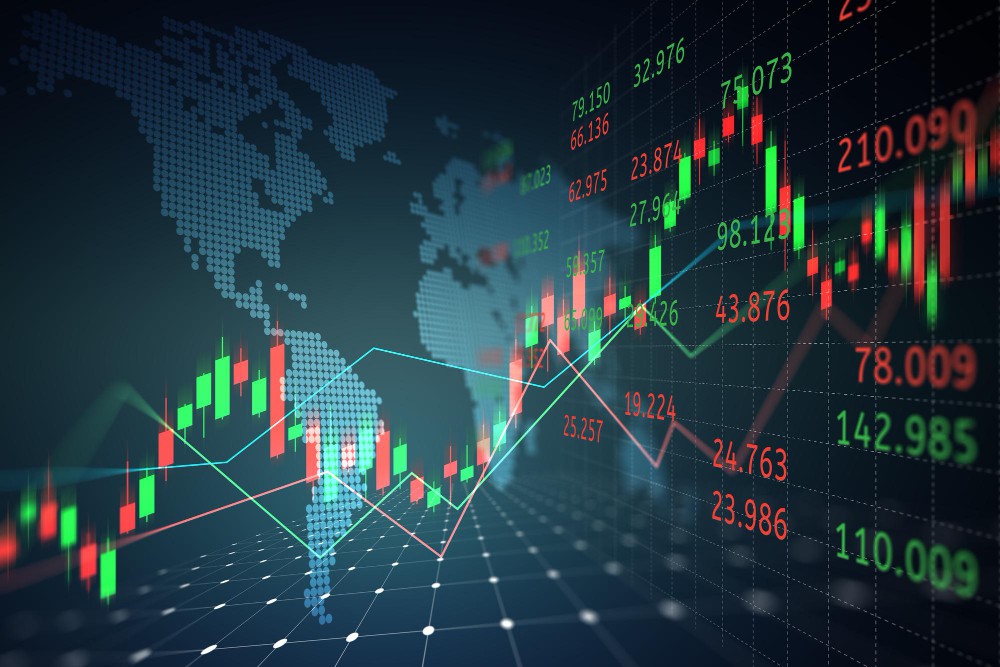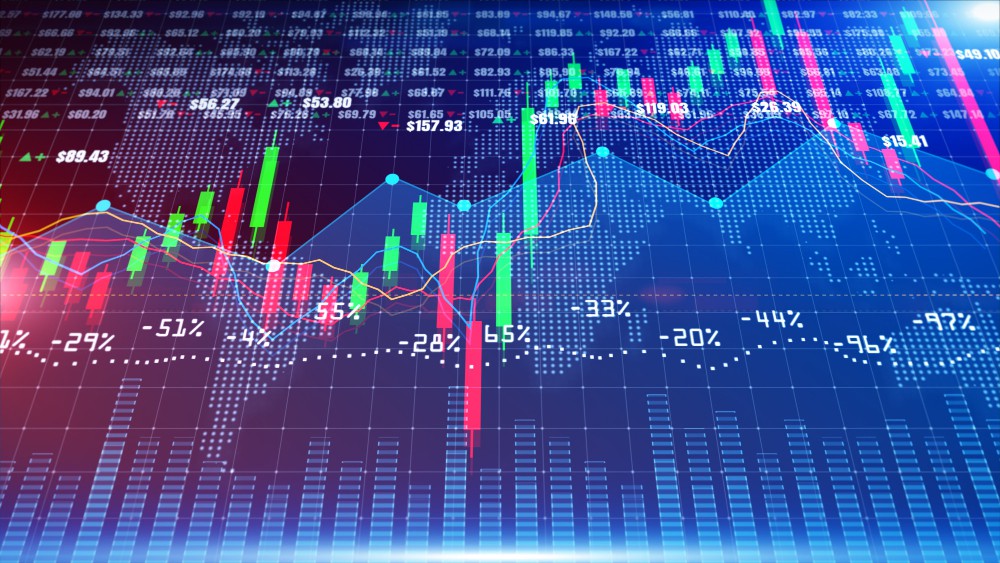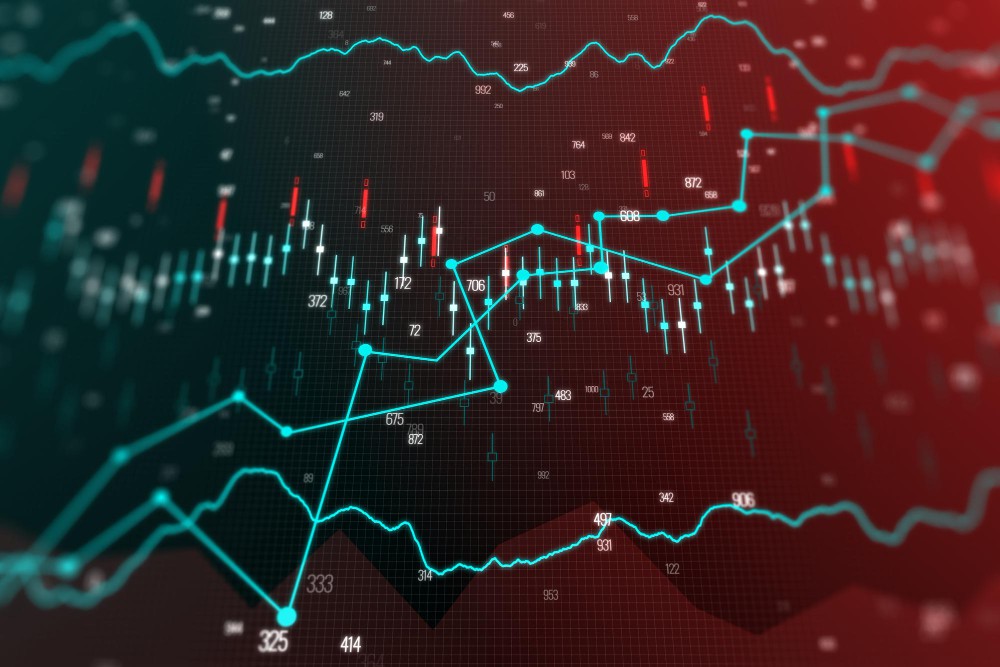Mastering the forex market: essential tips for successful trading

Forex trading, or the foreign exchange market, offers vast opportunities for traders to profit from currency fluctuations. In this post, we’ll cover key topics every trader should understand, including how to read currency pairs, the importance of leverage, and how to develop a solid risk management plan. You’ll also learn about the power of technical and fundamental analysis, and why it's important to have a strategy in place before making trades. Whether you're a beginner or an experienced trader, our expert insights and practical advice will help you navigate the forex market more effectively.
Blog Post:
Introduction
The forex market is the largest and most liquid financial market in the world, with over $6 trillion traded daily. Whether you're looking to generate extra income or want to dive deep into full-time trading, understanding the basics and developing a robust strategy is key. In this blog post, we’ll walk you through everything you need to know to start trading forex successfully.
Understanding Currency Pairs
Forex trading always involves two currencies: the base currency and the quote currency. For example, in the EUR/USD pair, EUR is the base currency, and USD is the quote currency. The goal is to predict whether the base currency will strengthen or weaken against the quote currency and trade accordingly.
The Role of Leverage in Forex
Leverage allows traders to control larger positions with a smaller amount of capital. For example, with a leverage ratio of 1:100, you can control $10,000 with just $100. While leverage can magnify profits, it also increases the risk of significant losses, making it essential to use wisely.
Mastering Technical Analysis
One of the key skills in forex trading is technical analysis—using price charts and indicators to predict future market movements. Tools like moving averages, RSI (Relative Strength Index), and Fibonacci retracement levels can help traders identify trends and entry/exit points.
Fundamental Analysis in Forex
In addition to technical analysis, understanding global economic indicators is crucial. Factors like interest rates, GDP, and employment reports can significantly impact currency values. A good trader balances both technical and fundamental analysis to make informed decisions.
Risk Management and Emotional Discipline
No matter how good your analysis or strategy is, risk management is essential to protect your capital. Set stop-loss orders to limit potential losses and avoid emotional trading decisions based on fear or greed.
Conclusion
Forex trading offers immense potential but requires a thorough understanding of the market and disciplined strategies. By mastering both technical and fundamental analysis and managing risks effectively, you can increase your chances of long-term success in this dynamic market.







